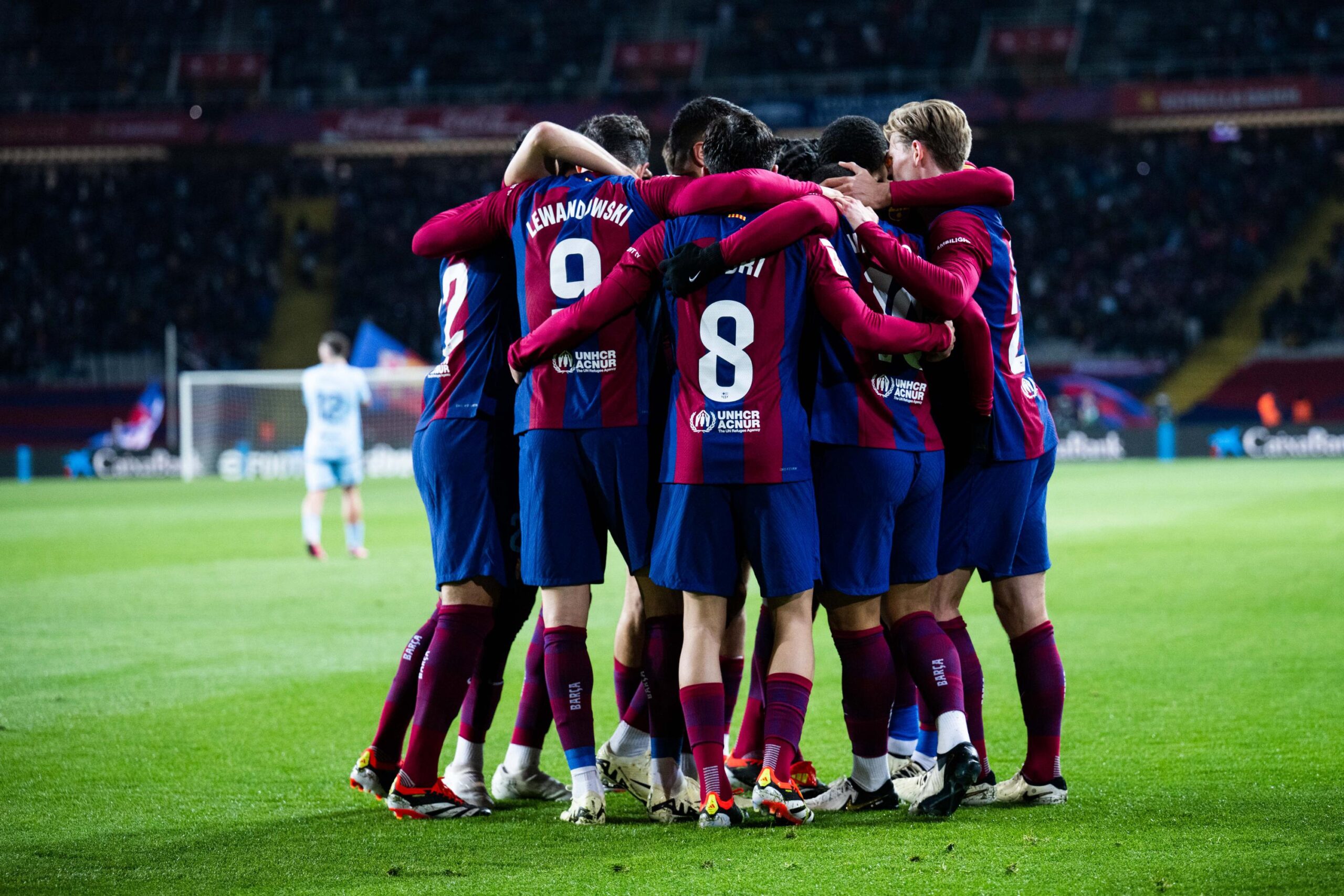
Introduction to Torino FC
Torino FC, based in Turin, Italy, is one of the most storied football clubs in Serie A. Founded in 1906, the team has had a significant impact on both Italian football and sports culture. With a passionate fan base, Torino FC’s relevance extends beyond the pitch, representing resilience and pride in Italian heritage.
The Glory Days: Historical Significance
The club has a rich history, with its peak periods occurring in the 1940s when it won several consecutive championships. Notably, the ‘Grande Torino’ team remains a symbol of excellence and tragedy in Italian sports. In 1949, the team suffered a catastrophic plane crash, which saw the loss of most of its players. This event not only affected the club but also impacted the wider Italian football scene.
Recent Performance and Development
Fast-forward to the 21st century, Torino FC has seen a mixed bag of fortunes. The club has fluctuated between Serie A and Serie B, highlighting the competitive nature of Italian football. Recent seasons have shown promise, with Torino consistently aiming for a top-half finish in Serie A. Coach Ivan Juric has worked tirelessly to build a competitive team that plays an attractive style of football. With key players like Andrea Belotti and more recent additions, the team is aiming to re-establish itself as a force in Italian football.
Community Impact and Fan Engagement
Outside the realm of sports, Torino FC plays a vital role in the local community. The club is highly regarded for its outreach programs and initiatives that promote physical activity and youth engagement. The ‘Toro Community’ initiative has been particularly successful in fostering a sense of belonging among supporters and empowering local youths through sports.
Looking Ahead: The Future of Torino FC
As Torino FC navigates through the current Serie A season, the club is focusing on sustainable growth and developing young talent. With an eye on the future, the management is committed to enhancing the team’s competitiveness while remaining financially prudent. Fans are hopeful that with continued investment in both player talent and club infrastructure, Torino FC will reclaim its historical prominence in Italian football.
Conclusion
In summary, Torino FC is not merely a football club; it is a symbol of resilience and a significant part of Italy’s cultural heritage. As the team looks to the seasons ahead, the reverberations of its historic past will continue to influence its path forward. For supporters and history buffs alike, Torino FC represents a timeless legacy that encapsulates the spirit of the beautiful game.
You may also like

The Career Journey of Djibril Cisse

Atletico Madrid’s Journey in Recent Seasons

The Legacy and Current Standing of Osasuna FC
SEARCH
LAST NEWS
- Remembering Wendy Richard: The Promise to Co-Star Natalie Cassidy
- How Did Anglian Water Achieve an ‘Essentials’ Rating for Mental Health Accessibility?
- Shai Hope Leads West Indies in T20 World Cup Clash Against South Africa
- What We Know About Weston McKennie: Future at Juventus and Past at Leeds
- What We Know About the Upcoming Live Nation Antitrust Trial